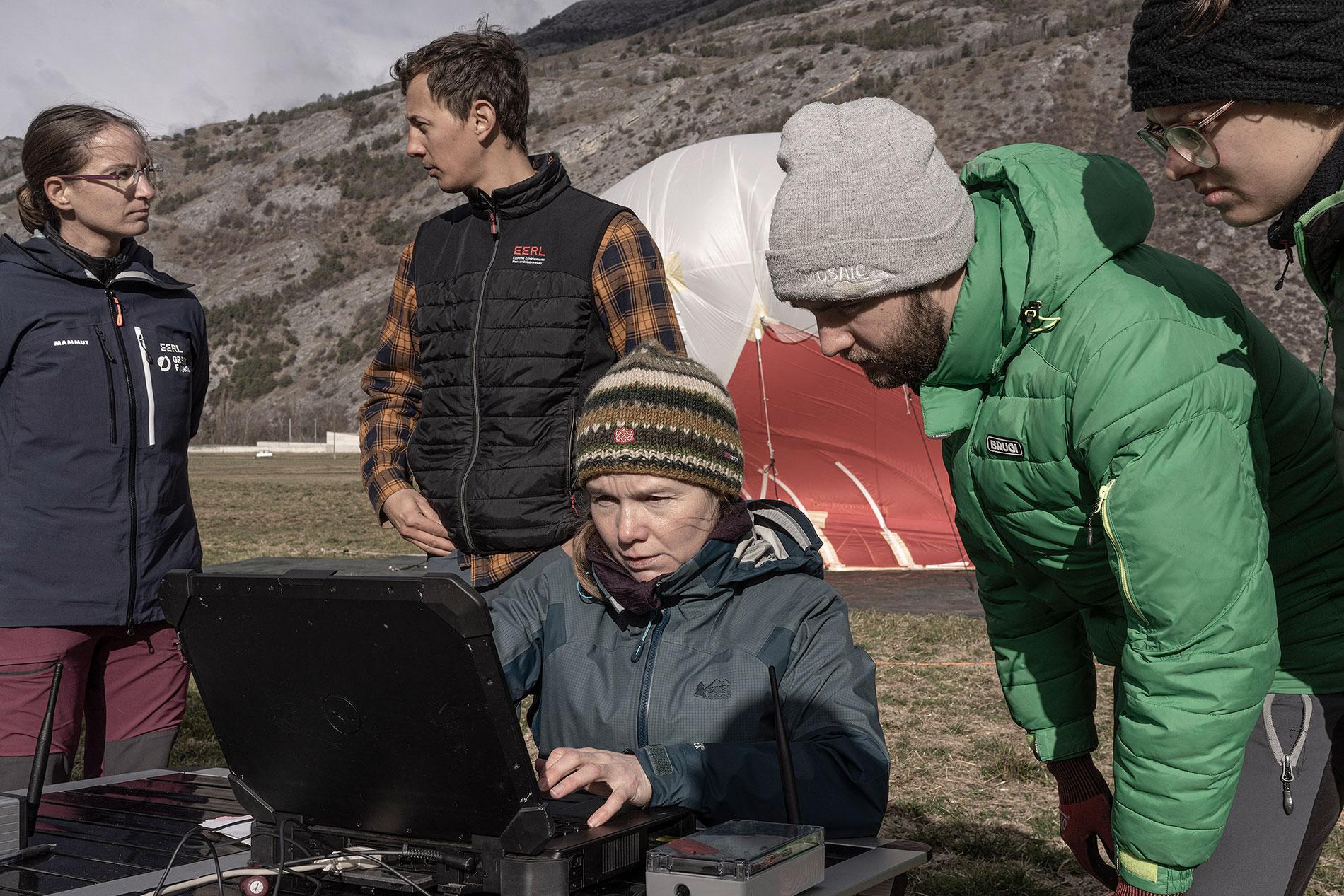Rethinking the funding of scientific careers together

The SNSF is conducting a fundamental review of funding for early-career scientists. It has invited its institutional partners to discuss this key issue for the future of research.
Supporting early-career scientists is one of the SNSF's primary concerns. It is constantly refining its funding schemes to respond to the realities of researchers' daily lives. “Current funding mechanisms seem to fall short of addressing the evolving needs of the 21st century, including more flexibility and permeability of careers across sectors of activity. Numerous studies and initiatives, in Switzerland and elsewhere, show that dependency and working conditions can also hinder the progress of early-career scientists,” points out Katrin Milzow, member of the Executive Board and Head of Research Development at the SNSF. “With this in mind, the SNSF would like to work with its partners on a fundamental review of the issue of career funding.”
A priority concern
“For the Presiding Board of the SNSF Research Council, reassessing the strategy for encouraging early-career scientists is a priority issue,” says Stuart Lane, president of the specialised committee careers. Since summer 2023, the SNSF has been working to develop innovative approaches to support researchers at the start of their careers.
Identifying key issues
As a first step, the SNSF carried out an analysis of the current situation, identifying the strengths, weaknesses, opportunities and challenges for the institution in relation to the theme.
It has also highlighted the main problems associated with the academic careers that the SNSF supports and, more broadly, with scientific careers in both the public and private sectors. “To do this, we have taken into account the results obtained to date from the cohort studies that we have been conducting since 2018 among applicants to its career development instruments, as well as the results of the survey on the working conditions of project staff conducted in 2022,” explains Katrin Milzow. Various studies and other contributions from national and international scientific partners have also provided important information.
Four central themes emerged from these analyses: the tension between the importance of international mobility and its negative consequences; the valorisation of non-academic careers and support for non-linear careers; the compatibility of evaluation criteria with the objectives of career development; and the importance of attractive working conditions for new generations of researchers, which are also necessary to guarantee the excellence of their research.
Discussions with stakeholders
Following these preliminary analyses, the SNSF has developed a concept to initiate a dialogue with all the stakeholders involved in scientific careers. This is why it has just launched a call for participation in a full-day workshop to address the identified issues. The SNSF invites its institutional partners (higher education institutions, associations of early-career researchers, etc.) to nominate potential participants who can contribute to these discussions and who are willing to engage in a process of exchange. “The aim is to put different points of view into perspective and to work together on proposals to define the broad outlines of the SNSF's strategy for funding the careers of tomorrow,” explains Stuart Lane. The first discussions will take place in autumn 2024.
By involving early-career researchers in these discussions about career funding, the SNSF aims not only to improve their situation, but also to strengthen the development of research and to increase its value to society.